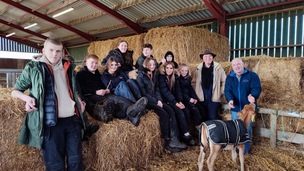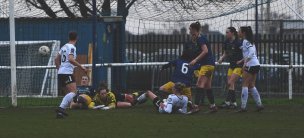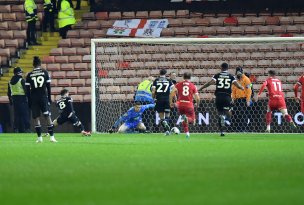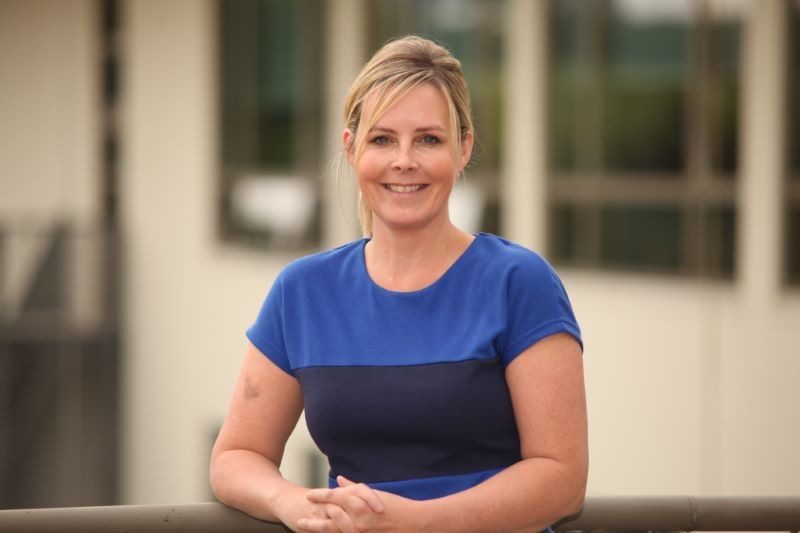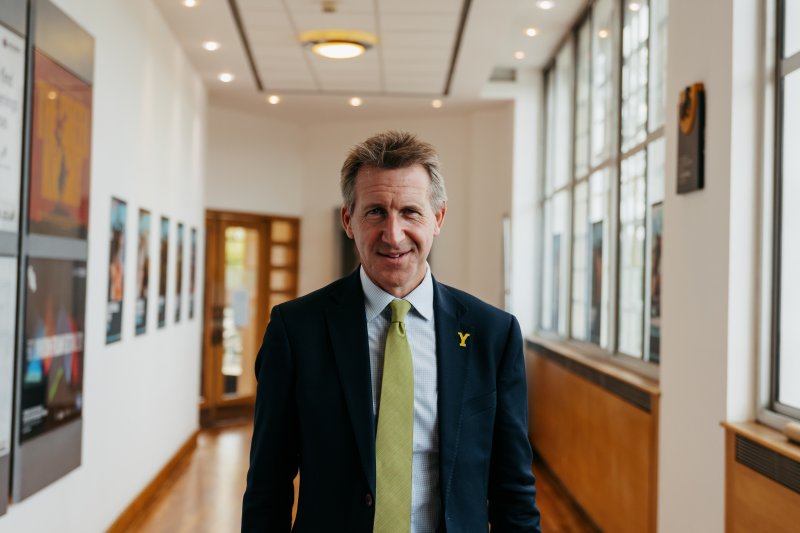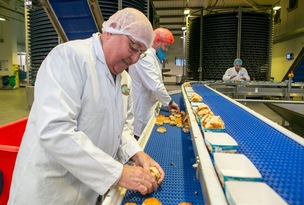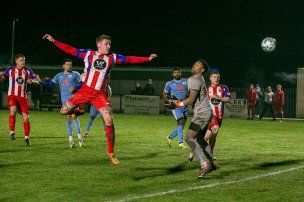A BARNSLEY secondary school, once trumpeted as one of Barnsley’s great success stories, has plunged into special measures - the Chronicle can reveal.
Darton College was visited by Ofsted inspectors last week and while inspectors’ report won’t be published for several weeks, the Chronicle has learned it will put the school into special measures - Ofsted worst category of failing schools - and as a result it will be forced to convert to academy status.
Darton had been in special measures before but was rated ‘good’ at its last inspection after a dramatic turnaround. Its principal is Kate Davies who made the transition from primary to secondary education after leading Worsbrough Common primary, rated ‘outstanding’ by Ofsted.
She was invited to Downing Street to meet then prime minister Gordon Brown in 2010 when Worsbrough Common was named one of the most improved schools in the country.
Once a school is put into special measures it must become an academy, meaning it is taken out of local authority control and is instead overseen by an academy chain.
Some schools begin working with academy chains long before they officially become academies, either because performance is slipping or because the school wants to become an academy through its own choice.
But the Chronicle understands there has been no academy chain involvement at Darton until now.
Coun Tim Cheetham, the council’s spokesman for education, said it was clear the government wanted all schools to become academies as soon as possible.
“There is no doubt the government has got an agenda,” he said. “But it’s not a magic bullet. Becoming an academy does not automatically improve a school.”
He said the news about Darton was disappointing but he was confident it could quickly be turned around - like it was last time it went into special measures.
“A good deal of the staff at Darton are the same people people responsible for turning it around last time.”
Darton is currently next to bottom in Barnsley’s school league tables when using the latest scoring method which takes into account what results pupils should be achieving based on what they had achieved at primary school.
Secondary schools’ performance used to be compared by how many students got five GCSEs at grades A to C, including English and maths. But now they are compared on a measure known as a ‘progress 8’ which gives a figure scoring how well their students did in up to eight qualifications including English and maths.
From that, a figure called a ‘progress 8 score’ is produced which is used to compare how pupils have progressed from leaving primary school.
According to this new score, Darton was performing below average based on 2016 exam results, and the position has worsened still in the latest results this summer - Darton is ninth out of ten secondary schools in the borough when compared by progress 8 score. On raw results alone, it was sixth.
Only Netherwood performed worse on progress 8 score, with Outwood Academy Carlton coming out top and scoring ‘well above average’.
Despite the dips in results at some schools across the borough this summer, Barnsley’s GCSE results put the town above national average for the first time in terms of English and maths results, and only fractionally below national average on progress eight score, after years of being at the bottom of national league tables.
Coun Cheetham said across Barnsley secondary school results had seen dramatic improvements in recent years, but still none of the borough’s secondary schools have yet been rated ‘outstanding’ by Ofsted.
“Why is Carlton not outstanding? It’s doubled its results,” he said.
“I think there’s often a disconnect between Ofsted’s judgements and the feel of a school and the results of a school.”


